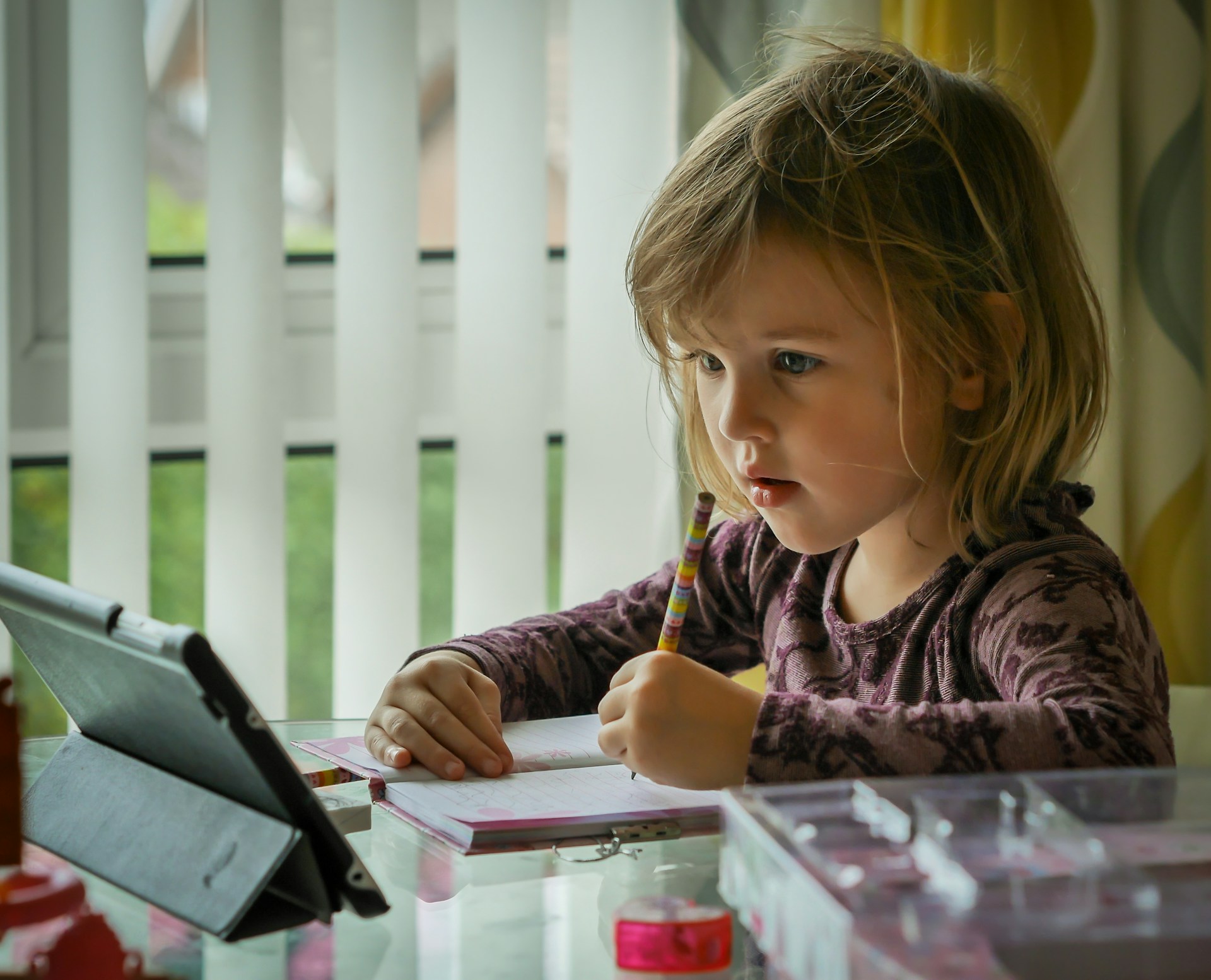5 Benefits of a Psychoeducational Assessment

Photo by Carl Jorgensen on Unsplash
A psychoeducational assessment is an essential tool for learning and clearly understanding a child’s unique learning and behavioral profile. It also identifies any challenges a child may face and helps create customized interventions to support their success in school and, ultimately, in life. In this guide, we will explore the various benefits of a psychoeducational assessment and explain why your child may need one.
Identifying Learning Challenges
A child psychoeducational assessment can effectively determine the learning difficulties a child may encounter. It can effectively determine the nature of the disability, whether it’s ADHD, dysgraphia, dyslexia, or other learning disorders. With this information, educators and parents can develop targeted strategies and accommodations to help the child flourish academically.
Understanding Strengths and Weaknesses
The assessment goes beyond just identifying problems, as it can also highlight a child’s unique strengths and learning preferences. This helps facilitate a more balanced approach to education, focusing on areas where the child excels while addressing aspects needing essential support.
Improving Social-Emotional Development
A psychoeducational assessment can provide insights into a child’s social-emotional development, aiding in their overall well-being. It can reveal emotional or behavioral issues that might be hindering a child’s ability to learn and interact with others. By understanding these specific challenges, interventions can be developed to support the child’s social and emotional well-being, creating a more positive learning environment.
Tailoring Support and Interventions
The results from the psychoeducational assessment allow for the creation of customized plans that meet the child’s individual needs. These plans detail specific accommodations and support that can address the challenges that the child encounters, allowing them to thrive and succeed academically. Some examples include behavior modification strategies, specialized therapies, individualized learning plans, preferential seating, or counseling.
Empowering Parents and Educators
Results from the assessment can empower parents and educators with knowledge, enabling them to make informed decisions to support the child’s growth. It can also foster a sense of collaboration and shared responsibility in supporting the child’s development.
Signs Your Child Needs a Psychoeducational Assessment
Academic Struggles:
- Persistent difficulties with writing, math, or reading
- They consistently underperform, despite their potential
- Doing well in certain subjects, but struggling in others
- Difficulties understanding new concepts
- Falling behind in schoolwork
Attention and Focus:
- Excessive movement or restlessness
- Poor organization and time management
- Difficulty staying focused
Behavioral Issues:
- Trouble interacting with peers
- A consistent reluctance to attend school
- Frequent emotional outbursts
- Disruptive behavior or defiance
Emotional Challenges:
- Sudden changes in mood or behavior
- Low self-esteem and anxiety
- Persistent feelings of depression or anxiety
- Complaints of physical symptoms, such as stomachaches or headaches, related to school or learning
If you observe any of these signs, don’t hesitate to consult with a professional right away. Discuss your concerns with your child’s school and seek their guidance. You can also consider seeking a second opinion or evaluation from a learning center or educational psychologist.
Endnote
A psychoeducational assessment is a valuable resource that can foster your child’s educational journey and personal development. If you suspect your child might benefit from a psychoeducational assessment, address it promptly, as early intervention is crucial.